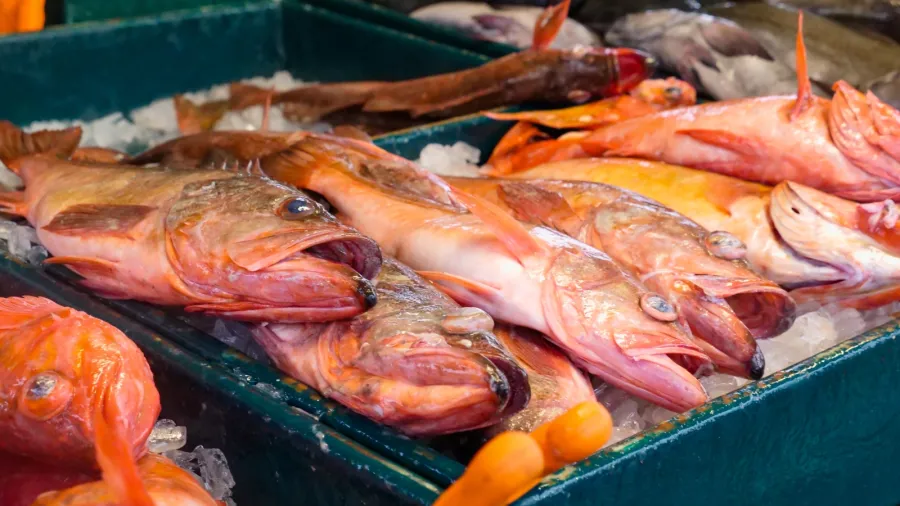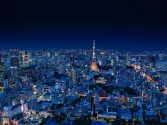
Hong Kong to restrict Japanese seafood imports
This is due to the plans to release of water from the Fukushima nuclear plant.
The Hong Kong government will restrict the importation of aquatic products from 10 metropolises in Japan starting 24 August, following Japan’s plan to discharge water from the Fukushima Nuclear Power Station.
In a media session, Secretary for Environment & Ecology Tse Chin-wan said the decision serves as an assurance that all the food brought to Hong Kong is safe.
“That is why we have a plan to prohibit the food from (a number of) Japanese prefectures which we believe has some risk. Then, we (will) also have to check all the food imported from Japan to ensure that their radioactive levels meet all the (food safety) standards.,” he said.
“I think that is the best way to maintain the business of Japanese restaurants in Hong Kong,” he added.
ALSO READ: Hong Kong consumer prices up 1.8% YoY in July
Aquatic products from Tokyo, Fukushima, Chiba, Tochigi, Ibaraki, Gunma, Miyagi, Niigata, Nagano and Saitama will be banned from Hong Kong once Japan starts discharging water from the nuclear station, according to a press release by the government.
These products will include all live, frozen, chilled, dried, or other preserved products, sea salt, and unprocessed or processed seaweed.
The government will keep the existing import control measures on certain food products against Fukushima, Chiba, Tochigi, Ibaraki and Gunma, since the nuclear incident in 2011.
Vegetables, fruits, milk, milk beverages and dried milk originating from Fukushima are banned from in Hong Kong, whilst similar food from Chiba, Tochigi, Ibaraki and Gunma, are allowed to be imported as long as they have a radiation certificate and exporter certificate issued by the Japanese authority.
Chilled or frozen game, meat and poultry and poultry eggs from the five prefectures are allowed to be imported but they need to have a radiation certificate showing that the radiation levels do not exceed Codex guideline levels.



















 Advertise
Advertise







